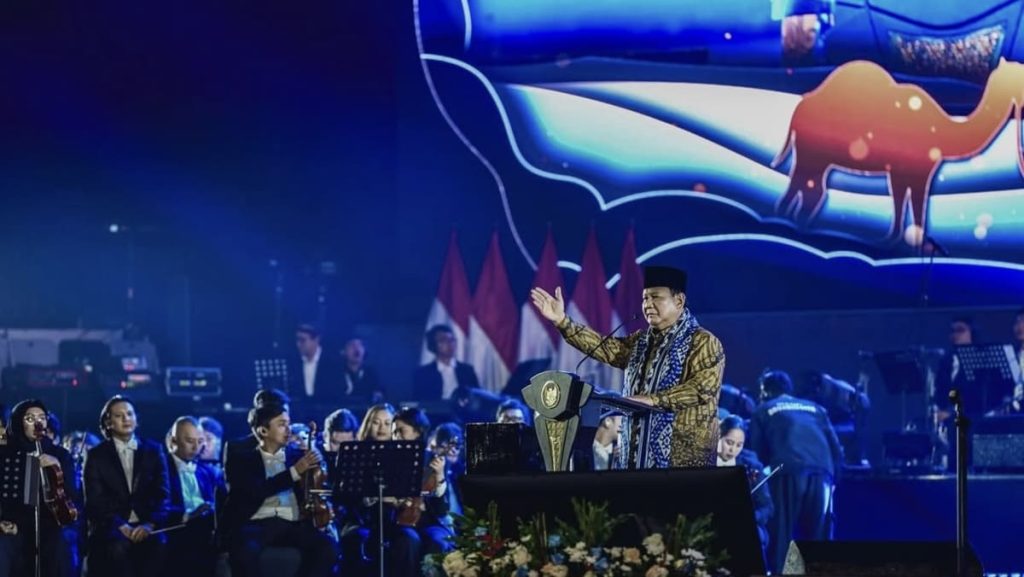Indonesia’s nascent anti-corruption strategy, prioritizing asset recovery over criminal prosecution, has sparked a heated national debate. The approach, initially championed by President-elect Joko Widodo and later echoed by key figures in his administration, aims to recoup stolen funds rather than focusing solely on punishing offenders. This shift in focus has been met with strong criticism from legal experts, politicians, and anti-corruption advocates, who argue that it could undermine decades of efforts to combat graft and foster a culture of impunity. The controversy highlights the complex and often conflicting priorities in addressing corruption: achieving justice for victims, deterring future offenses, and recouping lost resources.
The core of the proposed strategy lies in encouraging corrupt officials to return stolen assets in exchange for potentially lighter penalties or even amnesty. Proponents argue that this pragmatic approach would be more effective in recovering lost funds, which can then be reinvested in public services. They point to the limitations of the current system, where lengthy legal battles and overcrowded prisons often result in minimal asset recovery. Furthermore, they contend that the sheer scale of corruption in Indonesia necessitates a more innovative and impactful approach.
However, critics vehemently oppose this approach, arguing that it sends a dangerous message that corruption can be effectively “bought off.” They fear that such a policy would not only fail to deter future corruption but actively incentivize it, as individuals might calculate that the potential gains outweigh the risks, knowing they can essentially pay for their crimes. This concern is particularly pertinent given Indonesia’s history of endemic corruption, which has severely hampered its economic development and eroded public trust in government institutions.
The controversy surrounding the proposed policy deepened following comments by Law Minister Supratman Andi Agtas, who suggested implementing a “peace fine” similar to that used by the Attorney General’s Office (AGO) in certain financial crime cases. This analogy drew immediate criticism, as the AGO clarified that such fines are strictly limited to customs and excise violations and are not applicable to corruption cases. The ensuing backlash forced Supratman to retract his statement and issue an apology, underscoring the sensitivity and complexity of the issue.
Adding further fuel to the fire, Coordinating Minister Yusril Ihza Mahendra linked the asset recovery proposal to a broader government plan to grant amnesty to thousands of prisoners, raising concerns that this could include corrupt officials. While the government later clarified that graft convicts would be excluded from the amnesty program, the initial ambiguity further fueled public distrust and anxiety surrounding the proposed anti-corruption strategy. The incident highlights the challenges of communicating complex policy changes to the public and the importance of clear and consistent messaging to avoid misinterpretations and unnecessary controversy.
The debate over Indonesia’s anti-corruption strategy ultimately reflects a broader dilemma facing many countries grappling with systemic corruption. Balancing the competing goals of punishment, deterrence, and asset recovery requires a nuanced and carefully calibrated approach. While recovering stolen assets is undeniably crucial, prioritizing it over criminal accountability risks undermining the rule of law and sending a dangerous signal that corruption can be tolerated for a price. The ongoing debate in Indonesia underscores the need for a comprehensive anti-corruption strategy that combines robust enforcement with effective asset recovery mechanisms, while upholding the principles of justice and accountability. The government’s challenge lies in finding a solution that effectively addresses the immediate need to recover stolen funds while simultaneously strengthening long-term efforts to eradicate corruption and build a more transparent and accountable society.

